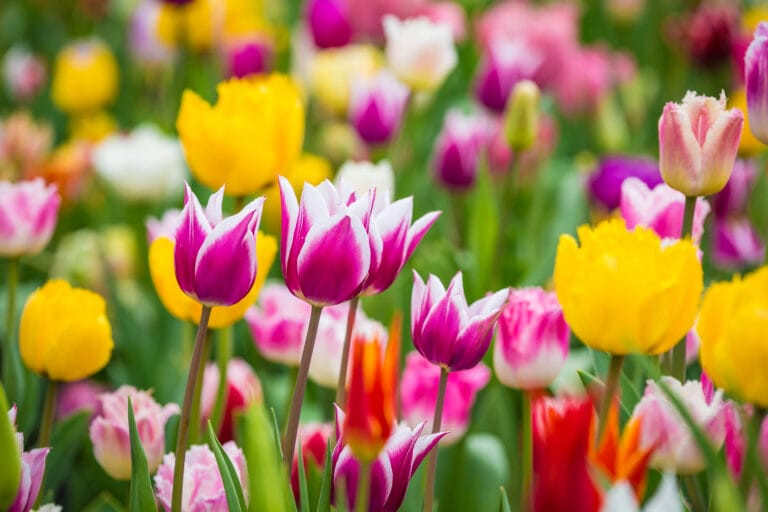IN the world of perishable logistics, speed is only part of the equation. Control is everything. For FlyUs, flowers aren’t just delicate cargo—they’re a stress test for supply chain precision, requiring high-touch handling, regional insight and strict cold chain consistency.
With floral volumes forming a major slice of its traffic, the company considers flowers central to its global cargo strategy.
“Flower transport is a key part of our business,” says Carlo de Haas. “Over 50% of our global volume consists of perishable and pharma-related products, and flowers make up a significant portion of that. It’s an area that requires specific expertise and equipment, and one in which we’ve built a strong reputation for delivering results.”
Trade lanes from Central and South America into North America, Europe and Asia remain the company’s strongest, while the Netherlands—home to both its headquarters and Schiphol Airport—serves as a key re-export hub for shipments heading to the US, Canada and the Middle East.
“Being headquartered at one of Europe’s largest hubs for flower exports means we are able to stay in close communication with the industry,” de Haas explains. “Over the years, we’ve built longterm working relationships with Dutch growers, many of whom have global operations.”
Maintaining quality in transit means eliminating handover risks. FlyUs has developed bespoke SOPs with airline partners covering storage, build-up and breakdown. The company also operates its own fleet of refrigerated trucks, ensuring consistent temperature control across the chain.
“In managing a variety of shipment processes ourselves, FlyUs is able to reduce reliance on third party providers,” de Haas says. “Time-sensitive cargo can often become a ‘too many cooks’ situation, so the more we can offer our customers, the better.”
Efficiency gains are also being matched with sustainabilitybminded upgrades. FlyUs is deploying double-decker refrigerated trucks to reduce trip frequency, while direct pick-ups from exporters are helping to cut handling time and emissions.
“There’s growing interest in establishing more direct routes from farms to end users,” says de Haas. “We’re actively supporting this through the introduction of our reefer fleet.”
Looking to 2025, FlyUs is watching tariff developments that could shift traditional flower trade flows. Its strategy is to stay close to the product and flexible in execution, ready to pivot routes, scale reefer operations, or adjust timelines as market pressures evolve.




